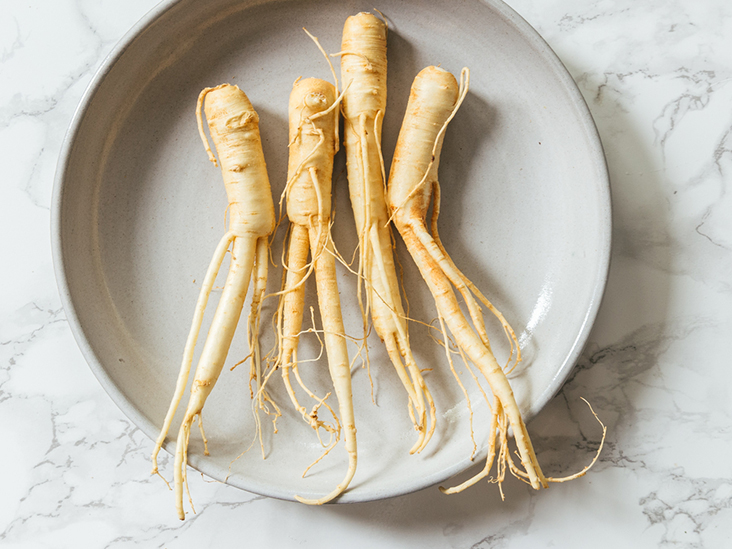Stress is defined as a state of physical or emotional tension. More accurately, it is the body’s reaction to situations that present a challenge or significant effort. In some ways, its occurrence can help to ward off dangerous situations or react appropriately. However, if it is excessive, it affects health; not only emotionally but also physically.
This is because its persistent presence increases the production of hormones such as cortisol, which are associated with the risk of cardiovascular disease, diabetes and neurological problems, among others. Hence the need to learn how to properly manage stress, especially if it tends to occur on a recurring basis. To do so, there are a wide variety of strategies, including adaptogenic plants. Interested in learning which one? Keep reading!
Korean Ginseng
Korean ginseng is one of the most popular adaptogenic plants in traditional medicine. It is used both to combat stress and to increase energy levels. Studies indicate that this plant stabilizes the functioning of the sympathetic nervous system and improves cognition in people under high stress.
A study published in 2017 also shows that Korean ginseng acts as a therapeutic agent against stress-induced diseases like diabetes, cardiovascular disorders, anxiety, and depression, among others.
Wondering how to use it? Korean ginseng supplements are available as powders, extracts, tinctures, and teas. Experts often recommend doses between 5 and 8 grams per day. However, this may vary from one brand to another. It is therefore important to read the product label to be sure.
Siberian Ginseng
Despite its name, Siberian ginseng is not really a variety of ginseng. With its scientific name, Eleutherococcus senticosus, is its actually a woody shrub that is often used as an adaptogen.
In a randomized controlled trial shared by the Chinese Journal of Physiology, supplementation of this herb was associated with increased endurance capacity, improved cardiovascular function and glycogen conversation in men who trained recreationally.
Although research on it is still limited, results obtained, suggest that the Siberian ginseng does improve the body’s ability to respond properly to stress.
Currently, there’s no official information on a safe dosage. Supplements are often mixed with other herbs. It is always important to consult a specialist for recommendations.
Note: This supplement should be avoided if you have a pre-diagnosed heart or hormonal disorder and also if you are taking medication.
Maral Root
Maral root (Rhaponticum carthamoides) is used in folk medicine for its abundant concentration of antioxidants and nutrients. A survey shows that its extracts help build long-term stress resistance. In addition, it stimulates the body’s recovery after physical exertion.
The plant is available as a supplement: in capsules, tincture or liquid extracts. It is often associated with Rhodiola rosea, another adaptogen plant that fights stress. The dosage must be consulted with the herbalist or the manufacturer.
Schisandra
Schisandra (Schisandra chinensis) is one of the adaptogenic plants used in traditional Chinese medicine against stress and mood disorders. An animal study published in Scientific Reports confirms its effects on these symptoms.
The researchers observed that supplementation with the extract of this plant reduced depression and cognitive disorders induced by chronic unpredictable mild stress. The plant is available in the form of tinctures, capsules and tea. Its berries can also be prepared as an infusion. To do this, 5 grams are boiled in a cup of water (250 milliliters).
Bufera or Indian Ginseng
Bufera, Indian ginseng or Ashwagandha is perhaps one of the best known herbal adaptogens. Its consumption is associated with the reduction of stress, chronic fatigue and insomnia.
A study concluded that the aqueous extract of Ashwagandha root was useful in reducing stress and anxiety. It is also considered a natural energizer.
The plant can be purchased in capsule, powder or tea form. In general, the maximum suggested dose is 3 grams per day. In addition, careful consumption is advised for a maximum of 2 consecutive months.
This herb is very present in Ayurvedic medicine, so much so that it is considered an ingredient for rejuvenation of the body.
There you go! With those five plants, you know how to successfully combat stress. What do you do to usually reduce your stress? Let us know in the comments below.


